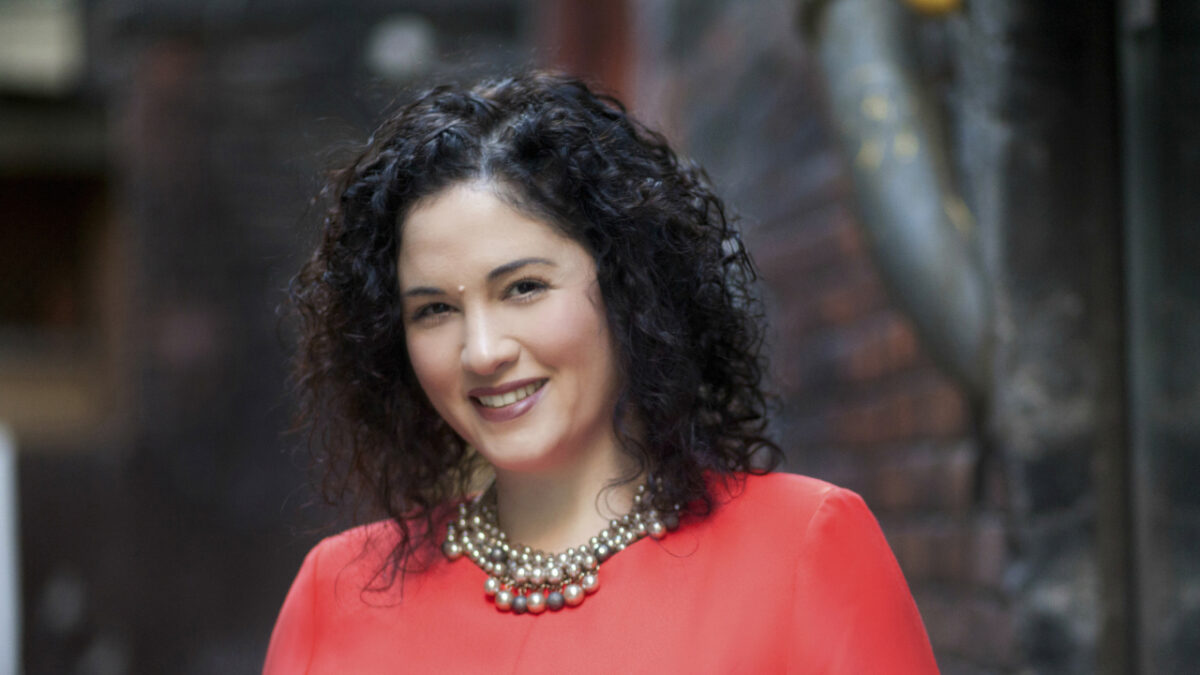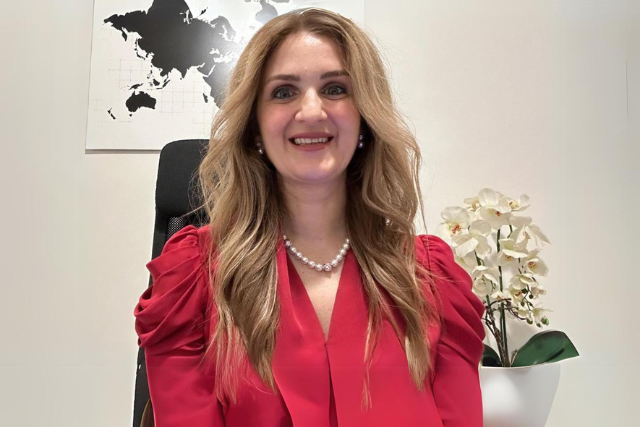Even though the world has experienced its first year of dealing with COVID-19, many are still reeling from the impact of the pandemic on many levels including professional, personal, social, and mental. Many have had to learn to pivot and find new and creative ways to do business and get their message across. For LOMA Marketing Agency Founder and President Loren Maisels, who is a certified meeting professional (CMP), being able to pivot in a time when in-person connection was an impossibility was a welcome challenge. Like many roles, running an events marketing agency relies heavily on community interaction but Maisels has found a way by which entrepreneurs like herself can make the most of virtual experiences.
How has the past year been for your firm and has the impact set you back in any way?
As an event marketing agency with a core focus on supporting B2B corporate in-person events such as conferences and galas, this last year has been a challenge. COVID forced all of our clients to cancel, postpone and/or pivot their in-person events to virtual experiences in 2020 and into 2021.
As an entrepreneur and business owner, it has reminded me to continue not being afraid to try new things as being uncomfortable drives growth and resilience.
The pandemic has forced many businesses to undergo major changes in response to the lockdown and physical distancing measures. What changes have you had to bring about to your business model and operations as a result of the pandemic?
As of March 2020, with all in-person gatherings being cancelled for the foreseeable future, it was clear that we had to reinvent the business and leverage our event marketing skills. We focused in on creating engaging and creative virtual experiences that would be able to support our clients’ initiatives during this uncertain time of transition and also enable us to continue to operate.
We have spent the past year learning and using a multitude of technologies, virtual tools and strategies to continue to deliver exceptional event experiences, whether those are sales kickoffs, fundraising galas, user conferences or team building networking events.
Although vaccines are rolling out, there’s still the need to stay home as much as possible. There is now a complete reliance on virtual conferencing as a way of communicating at work and conducting operations. How do you ensure to get the most out of a virtual conference for work?
The vaccines are definitely a game-changer, but it will still take some time for everyone to gear back up for in-person events. Even when that does happen—and we are predicting a slow burn at the end of 2021 with a fuller force effort likely by mid 2022—the virtual experience will still play a crucial part of enabling the hybrid event experience.
Some key considerations when planning a virtual event include:
- Technology & Connectivity
- Every day a new technology is being introduced to the market and it can be overwhelming. Determine your top priorities and objectives for your event before you go down the road of selecting the technology to deliver the experience.
- Content & Balance
- Zoom fatigue is real, which is why it is extremely important to offer engaging content in order to keep your attendees tuned in.
- Consider how you are crafting your agenda, create opportunities for two-way dialogue, include gamification and have FUN!
The world has been disconnected in so many ways since the start of the pandemic. What ideas do you have for creating meaningful connections online?
Creating intimate spaces [where] people can join and connect over a mutual topic of interest is one way to facilitate connection in a virtual setting. Breakout sessions are a great example of this because they encourage smaller group discussions and your attendees won’t be fighting over the mute button.
Also, leveraging a tool such as Braindate can help match-make your attendees with similar interests to foster these meaningful connections.
How can businesses adapt and merge both online and in-person events, if possible?
Merging online and in-person events is possible and will be necessary as we move forward in 2021 and beyond.
Thankfully, technology is a powerful asset that will allow those watching a keynote in a ballroom, for example, to enjoy an event just as much as those who are streaming it live to their laptop or mobile device.
The best place to start when planning this type of event experience is to discuss your goals and objectives so you can evaluate where you will be successful and where you may have gaps to address.
What do you think the future of event planning will look like, especially if vaccines don’t allow people to gather in mass groups soon?
While nothing can replace connecting with people in-person, the past year has shown us how much can get done virtually and the cost savings as a result.
The future of events will be about creating hybrid experiences that allow organizations to continue to reach larger global audiences while also fostering inclusivity, for example, for those who may not feel comfortable travelling or cannot afford to travel to an in-person event.
We recently released our 2021 LOMA List for business leaders, which speaks to the hybrid events of the future with tips on how to create unique event experiences in 2021 and beyond. One key takeaway is to remember, when delivering a hybrid event, the experiences do not have to be identical, they just have to be equitable.
How can presenters or event hosts ensure that they improve audience engagement in a virtual event, such as a networking event, online course or seminar?
Incorporating elements such as Q&A, polls, gamification, quizzes, breakout rooms or bringing a few attendees on video to discuss content live are just a few tactics that work well. The key is to create opportunities for two-way dialogue versus delivering content in a vacuum.
Leadership is one of the most essential aspects of a successful enterprise. What do you say are the core characteristics of your leadership style?
I would describe my leadership style as one of trust, compassion and creating a sense of ownership.
Creating an environment where everyone feels safe to try things and make a mistake without repercussion is important. Those mistakes are learning opportunities which fuel growth and ultimately reinforce a sense of ownership.
Recognizing, celebrating and learning from the wins and the losses [is paramount]. Our business is 100 [per cent] a team sport and the learnings and wins are so much sweeter when they are achieved together.
Dontei Wynter | Staff Writer




















